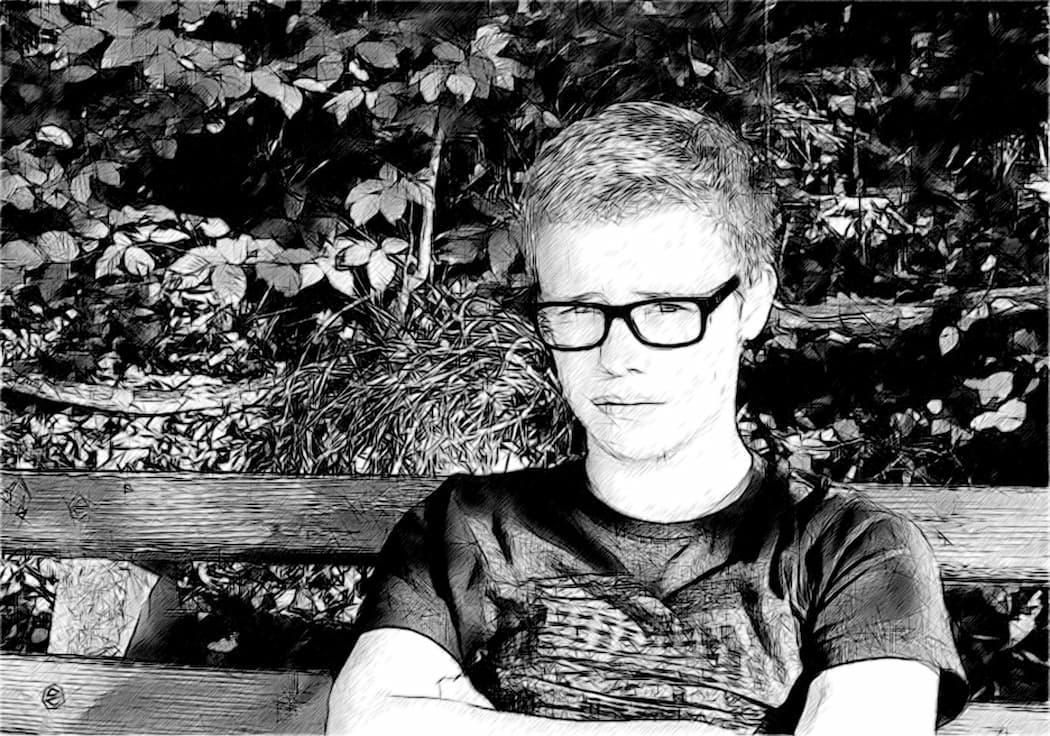One Sabbath, when Jesus went to eat in the house of a prominent Pharisee, he was being carefully watched. There in front of him was a man suffering from abnormal swelling of his body. Jesus asked the Pharisees and experts in the law, “Is it lawful to heal on the Sabbath or not?” But they remained silent. So taking hold of the man, he healed him and sent him on his way. Then he asked them, “If one of you has a child or an ox that falls into a well on the Sabbath day, will you not immediately pull it out?” And they had nothing to say.
Have you ever been in a situation where someone was watching your every move? It can be completely unnerving, right?
I remember once in college when I took a job in the paper industry, I had a boss who did not like me at all. And he did not like my beliefs either. I don’t remember any direct conversations with him about morals or God, but I think he picked up on what I believed through other colleagues or that I went to church or something like that.
The job was taking phone call orders from clients ordering paper and I was new and had made some data entry mistakes. One day he informed me that I had made too many mistakes. If I made one more mistake I would be fired. I was in a panic, partly because I needed this money to live on while in college. So I called my Dad and asked him to pray for me. And he did. And he told me to ask this of God in prayer: “Ask God to help you not make any more mistakes.” Crazy enough, though I had made a lot of mistakes in the past, for the next two weeks or so, after asking this of God in prayer, I made no more mistakes. I then found a job better suited for my skill-set.
In this passage, Jesus was under the microscope too. The Pharisees were angry at his preaching, his popularity, and his hard break from their man-made interpretations of God’s commands. Here we find they are trying to catch him healing on the Sabbath again so they can call him out on the rule-break. Why? I think it was because they were threatened by him.
Jesus does something very interesting here, he asks them a question: “Is it lawful to heal on the Sabbath or not?” This was the question in the collective crowd’s mind and highlighted the debate between Jesus and the Pharisees. When being watched and scrutinized, he fronted the issue. He then obeyed God’s call on his life to heal, and he healed this man who had abnormal swelling.
He then poses another question: “if your child or ox has fallen into a pit on the Sabbath, would you not get them out?” The implication here is if healing is work on the Sabbath, then rescuing you children or animals from danger is also work.
In saying this he did two things: 1) He shut the mouth of the critics, and 2) he spoke truth and lived the truth in his actions as a model for the people.
So many times in life we back down from the battle for fear of the consequences. Other times, we might get angry at injustice and fight when the fight is not God’s plan. Instead, we should first seek God’s heart on issues of stress and anxiety, gain Godly counsel, and then act in a manner worthy of the one we follow, Jesus.
Truth and obedience to God will always be rewarded, so we should prioritize those and let our emotions sit in the background and not take over our hearts. As people born into sin, we can easily allow revenge, anger, and a sense of “needing to be right” to take over. Instead, we must remember to serve God over our priorities.
This is how Jesus was able to silence the Pharisees and succeed in both healing this man and teaching the crowd the truth about what matters to God.
Lord, thank you for modeling dogged determination to serve God while faced with evil opposition. Help me to respond in kindness even when my enemies try to trap me, and seek your heart and Godly counsel in the matters at hand.


